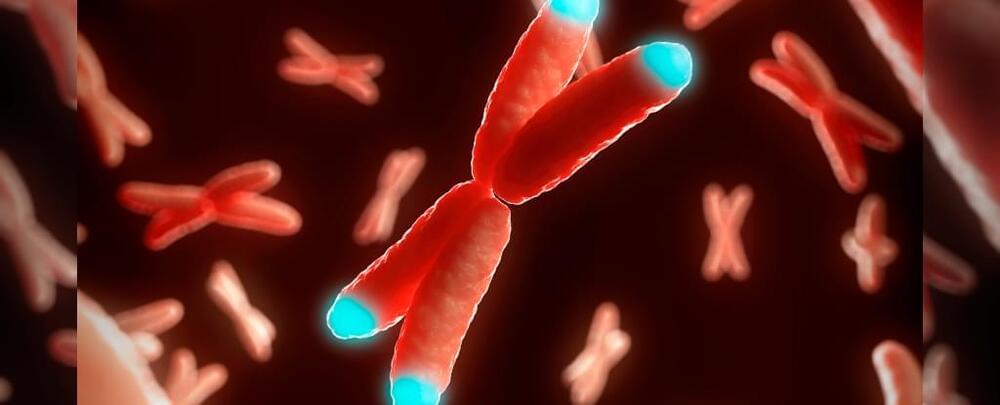There’s a tiny, slow-burning ‘fuse’ attached to the ends of all our chromosomes, and as we naturally age, each of our cells loses more and more of that life-giving line.
Researchers in South Korea have now shown this fuse, known as the telomere, is unusually short in the cells of elderly people who are relatively healthy but have noticed early signs of depressive symptoms and cognitive decline, such as memory loss.
The randomized controlled trial presents more evidence for the telomere hypothesis of aging, which posits that all cells hit a point where they can no longer divide and replicate.
